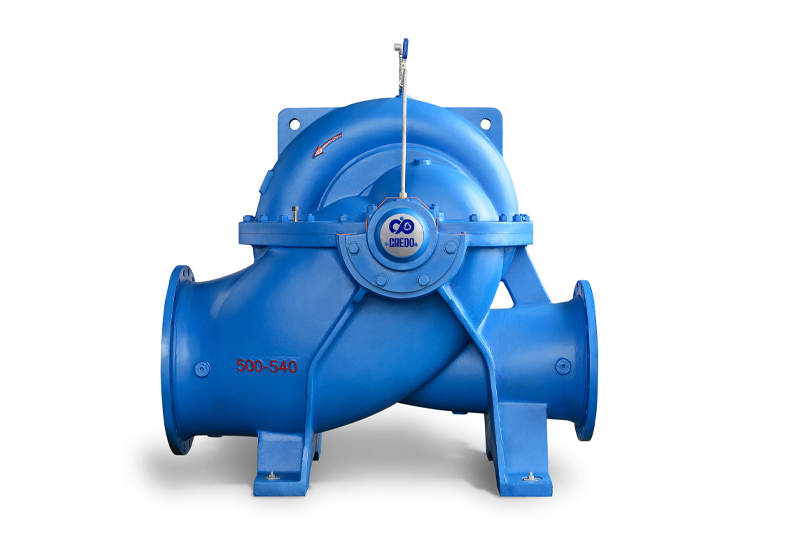In corrosive environments such as chemical and marine applications, which material (stainless steel, titanium alloy, or anti-corro
Selecting the proper materials helps ensure that metal parts remain a durable and functional component of your engineering system, even when used under extreme conditions. Certain materials, including stainless steel, titanium alloy, and special coatings, can protect the metal parts from damage caused by rust and other harmful materials.

Steel– A Versatile Metal for Various Applications
Stainless steel is a common material used in many industries because it does not corrode easily. This strong, tough material is created by adding a small amount of chromium to standard steel. This addition forms a unique surface layer of the steel that acts to prevent the formation of rust. Because of this, stainless steel is widely used in areas where metal may be exposed to water, or in contact with chemicals.
Finally, stainless steel is a very straightforward material to clean. Therefore, it is a great choice for such places as food factories that need to keep everything clean as much as they can, for the hygiene of the products being processed. Stainless steel in food processing plants ensures that everything is kept hygienic so nothing gets contaminated.
Titanium Metal: A Versatile Material For Many Applications
Titanium alloy is the other common humanitarian stainless steel horizontal split case pump material used in harsh environment. It is known for its low weight while having a very strong property. That makes it the perfect option for a lot of uses, including airplanes and boats. Materials for these industries must be robust enough to endure harsh use, but light enough so that they don’t add excessive weight to the vehicle or equipment.
Although titanium alloy is more expensive than stainless steel, its benefits far outweigh its cost. Its high strength and season of rusting mean that its long-term service is a good choice. This is particularly important in sectors where safety and longevity are paramount.
Permanent Protection for Metal Parts by Special Coatings
To make metal parts even tougher in hard environments, specialist coatings can be applied to shield their surfaces. These protective coatings serve as a barrier between the metal and the harsh environment, preventing rust and other forms of corrosion. These stainless steel split case pump coatings form a barrier isolating the metal substrate from the environment to prevent deterioration.
Stainless steel and titanium alloy already exhibit good resistance to rust, but to ensure an additional layer of safety, the application of a protective coating is often recommended. This added feature makes sure that their metal components do not corrode, however it can still be added after the fact in a decision with peace of mind for manufacturers.
Stainless Steel vs.PA-12 Alloy: The Considerations
You can think about your specific application for comparing stainless steel and titanium alloy and what you really need. It is rarely expensive and is good when working against rust, which makes it ideal for many different types of industry. It is one of the affordable and durable; you can use it for various uses.
Which matters, especially in cases where minimizing mass is necessary; titanium alloy is stronger and lighter than steel. Titanium alloy, in other words, can be a better choice in situations where every ounce counts, for example the aerospace industry.
Stainless and Factories: Why Use Stainless Steel?
Due to its high chemical property resistance and thermal properties, stainless steel vertical turbine pump is an excellent material to construct chemical factories. This rigid material can withstand harsh environments without deteriorating, underlining its suitability for safely storing and transporting hazardous materials.
Plus, stainless steel is simple to clean and reduces the risk of contamination — critical in keeping workers healthy and safe. Stainless steel is a popular choice for factories because they know it is safe for the working environment.
So, to sum it up: Stainless steel vs titanium alloy vs special coating–there is no perfect solution, however, there are different benefits depending on the target–factory applications or boats. By giving metal parts added longevity and performance, these materials perform better and last longer. With knowledge of how each material operates and where it is most effective, companies can make better decisions to protect and maintain the integrity of their products. Reliability of Metals: Any material which is capable of providing reliable foaming performance.
Comments
Post a Comment